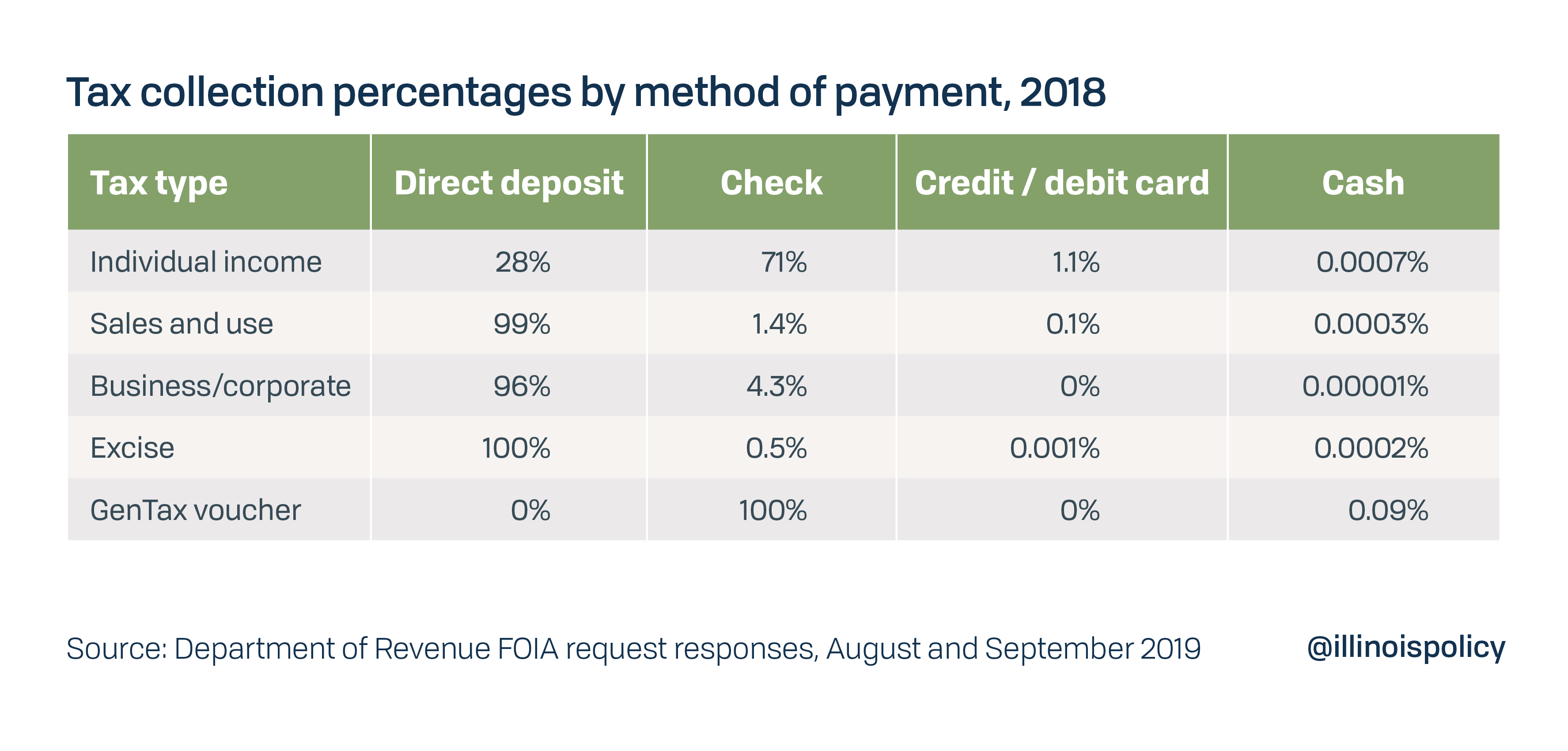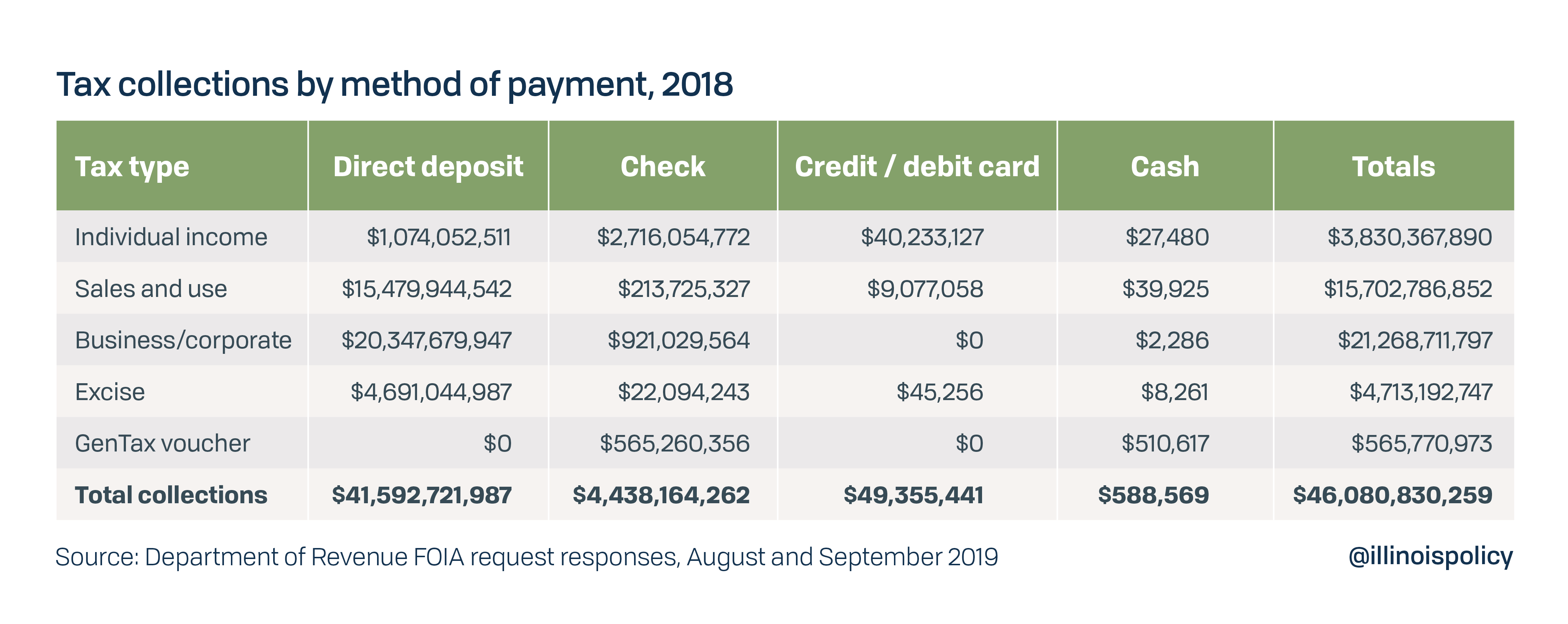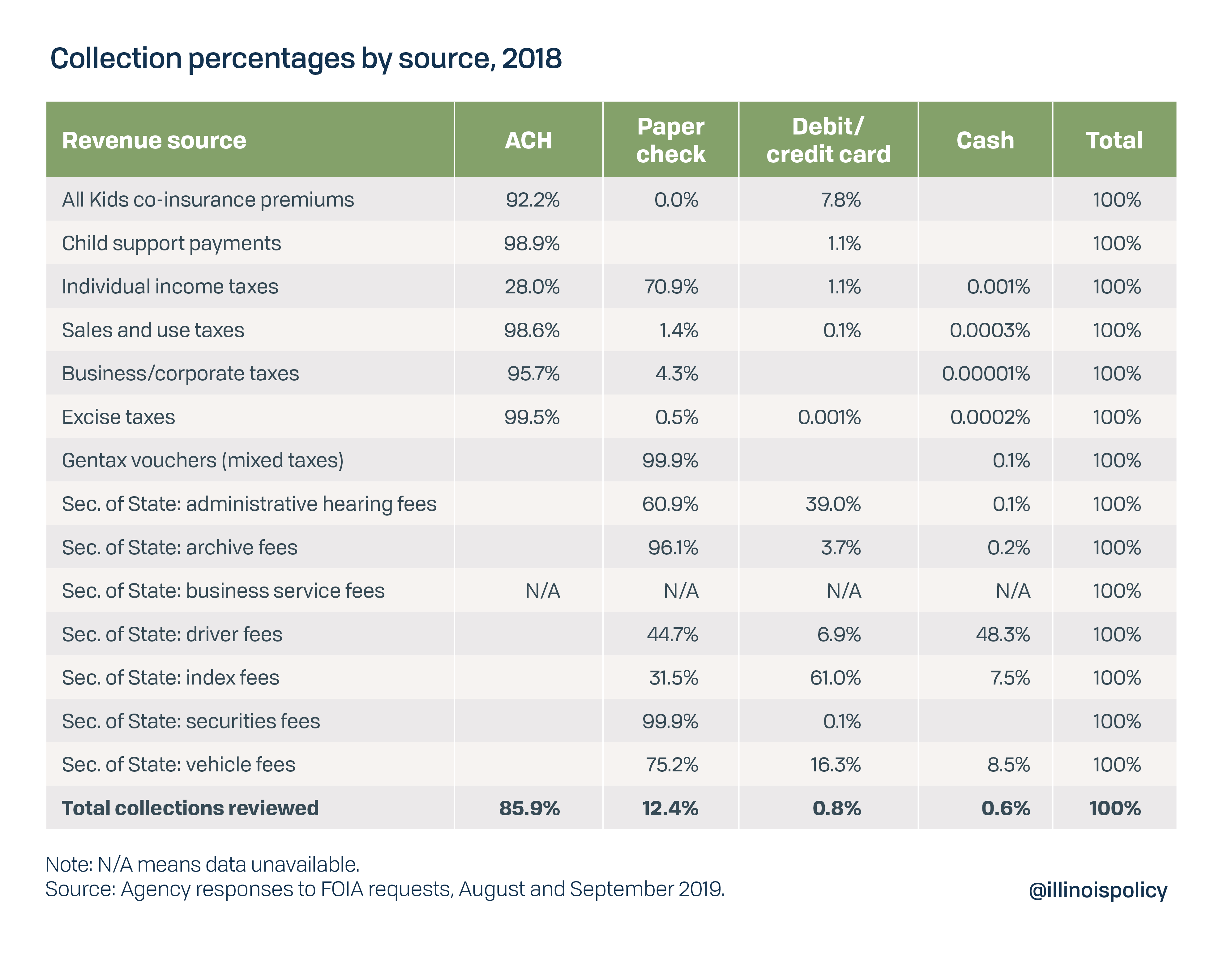In the bustling landscape of commerce and public service, understanding the intricacies of vendor payments in Illinois has become increasingly vital for businesses and contractors engaging with state agencies. Whether you’re a small business owner, a contractor, or just curious about how the state handles its financial obligations, this guide will provide a detailed look at the various aspects of vendor payments within the state of Illinois.
Understanding Vendor Payments in Illinois
Vendor payments refer to the funds disbursed to suppliers and service providers for goods and services rendered to government agencies. Illinois state agencies are responsible for ensuring timely payments, which is crucial for maintaining fruitful business relationships and a stable economy.
Overview of the Vendor Payment Process
The vendor payment process in Illinois typically involves several steps:
- Submission of Invoice: After delivering goods or services, vendors submit an invoice to the respective state agency.
- Invoice Approval: The agency reviews and approves the invoice based on compliance with contractual terms.
- Disbursement Processing: Approved invoices are processed for payment, where the payment method is determined.
- Payment to Vendor: Vendors receive payment, often electronically or via check.

The State’s Vendor Payment Framework
Legislation Impacting Vendor Payments

Illinois law has specific requirements and regulations governing vendor payments. Key legislations include:
- Illinois Procurement Code: This code regulates how state agencies procure goods and services, including payment terms.
- Payment to Contractors Act: This act ensures prompt payment to contractors for public works projects.
Tips for Navigating Vendor Payment Legislation

- Stay updated on legislative changes impacting vendor payments to ensure compliance.
- Consult legal professionals for clarity on contract terms and payment obligations.
Methods of Payment for Vendors

Available Payment Methods
Illinois vendors can receive payments through various methods, each with its pros and cons:

| Payment Method | Pros | Cons |
|---|---|---|
| Direct Deposit | Quick and secure; reduces the risk of lost checks. | Requires bank details; may take time for setup. |
| Paper Checks | Widely accepted; no need for bank information. | Slower processing; risk of checks being lost or stolen. |
| Electronic Funds Transfer (EFT) | Fast and efficient; minimizes paperwork. | Requires technical setup; potential fees from banks. |
Choosing the Right Payment Method

When deciding on a payment method, vendors should consider factors such as speed, security, and personal comfort with technology. The direct deposit method is widely favored for its efficiency in the Illinois vendor payment ecosystem.
Platforms and Technologies for Vendor Payments

Popular Platforms for Vendor Payments
Illinois utilizes various platforms to streamline vendor payments. These include:
- Illinois ePay: A state-managed system for online payments.
- Comptroller’s Office Systems: Offers transparency and tracking for state-related payments.
Analyzing Vendor Payment Platforms
When evaluating these platforms, consider compatibility with your accounting software, ease of use, and customer support availability.
| Platform | Key Features | User Rating |
|---|---|---|
| Illinois ePay | Online payment options, invoice tracking | 4.5/5 |
| Comptroller’s Office Systems | Payment tracking, comprehensive reporting | 4.0/5 |
Common Challenges Faced by Vendors
Identifying Challenges in the Payment Process
Despite the sophisticated framework in place, vendors in Illinois may encounter several challenges:
- Payment Delays: Sometimes, due to bureaucratic inefficiencies, payments can be delayed.
- Ambiguities in Regulations: Understanding the legalities and procurement processes can be daunting.
Solutions to Overcome Payment Challenges
- Establish clear communication with state agency representatives.
- Maintain meticulous records of all transactions and communications.
Recent Trends and Changes in Vendor Payments
Updates Impacting Vendors
Over the past few years, several trends have emerged impacting vendor payments in Illinois:
- Increased Adoption of Electronic Payments: A significant shift towards electronic payment methods as a response to the pandemic.
- Enhanced Transparency and Compliance: Government initiatives to increase transparency in payment processes to combat fraud.
Case Studies: Successful Vendor Payment Experiences
Real-Life Examples of Vendor Payment Success
Several vendors have successfully navigated the Illinois vendor payment landscape:
- XYZ Construction: A contractor that streamlined its invoicing process using electronic submissions, which improved its payment timelines.
- ABC Supplies: A supplier that adopted direct deposits and noticed significant savings in processing time and costs.
FAQs About State of Illinois Vendor Payments
What is the average payment timeframe for vendors in Illinois?
Typically, payment processing can range from 30 to 60 days, depending on the agency and the payment method used.
How can vendors track their payments from the state?
Vendors can track their payments through the Illinois ePay system, as well as through invoices submitted to the respective agencies.
Are there specific requirements for submitting invoices to state agencies?
Yes, invoices must include details such as the purchase order number, itemized list of goods/services, and payment terms to ensure prompt processing.
Is there a penalty for late payments in Illinois?
Yes, the state may incur penalties if payments are not processed within the statutory timeframe outlined in Illinois law.
Conclusion: Navigating Vendor Payments in Illinois
Understanding state of Illinois vendor payments is crucial for any contractor or vendor wishing to engage with state agencies. By leveraging available platforms, staying informed on legislative changes, and adopting best practices in invoicing and payment methods, businesses can enhance their cash flow and ensure compliance with state regulations. In a culture that values community and service, maintaining smooth vendor payment interactions contributes to a healthier economic environment and builds lasting partnerships.